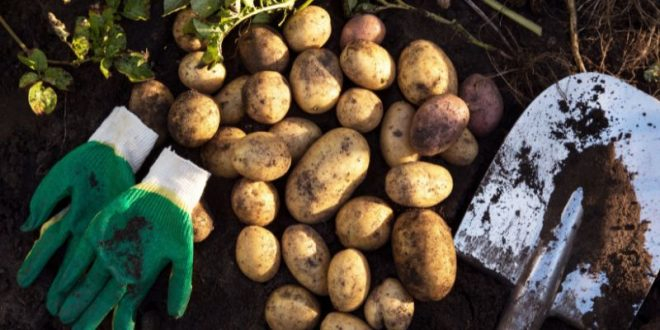Impact of Adverse Weather Conditions on the 2024-2025 Potato Marketing Year
The fresh potato crop in Belgium and the Netherlands, crucial for the 2024–2025 marketing year, is anticipated to experience delays due to prolonged rainy weather that disrupted plantings. This situation has significantly impacted several areas in northwest Europe, with Belgium and the Netherlands bearing the brunt of the adverse conditions.
According to a statement from the North-Western European Potato Growers (NEPG) released on July 1st, an estimated increase in hectarage by 4-6% is expected in 2024. However, the progress of the crop varies widely, from newly planted fields in late June, which is unusually late, to fields with crops soon ready for harvest. This variability underscores the challenging growing season that farmers are navigating.
The market has felt the strain of these delays, as evidenced by the Expana benchmark price (EBP) for Dutch processing potatoes, which has soared to an all-time high of EUR625 per metric ton, marking a 7.76% increase year over year. The scarcity of processing materials has intensified as the industry anxiously awaits the new harvest. This shortage is a direct consequence of the highly wet and delayed 2023 harvest, which compromised both the quality and supply of potatoes across Europe.
In June, the European Union Commission revised its 2024 harvest yield estimate to 35.8 tonnes per hectare, a 3% decrease from the May forecast, yet still 1% higher than the five-year average. This adjustment followed significant yield reductions in Belgium and the Netherlands, with predictions lowered by 10% and 6%, respectively, compared to the May figures. Factors contributing to these revised forecasts include waterlogged soils and the presence of phytophthora, a disease responsible for late blight in potatoes, which has severely delayed plantings.
Despite these challenges, the demand for potatoes in the NEPG zone, particularly in France, continues to rise, even as sales of frozen chips and other processed goods stabilize or decline. The NEPG reports increasing competition from global players such as China, India, Argentina, Turkey, and North America, further complicating the market dynamics.
The growing risk associated with potato cultivation is becoming more pronounced due to increasingly volatile weather patterns. This year’s difficulties highlight the need for adaptive strategies and resilient practices to safeguard the future of potato farming in the region.







